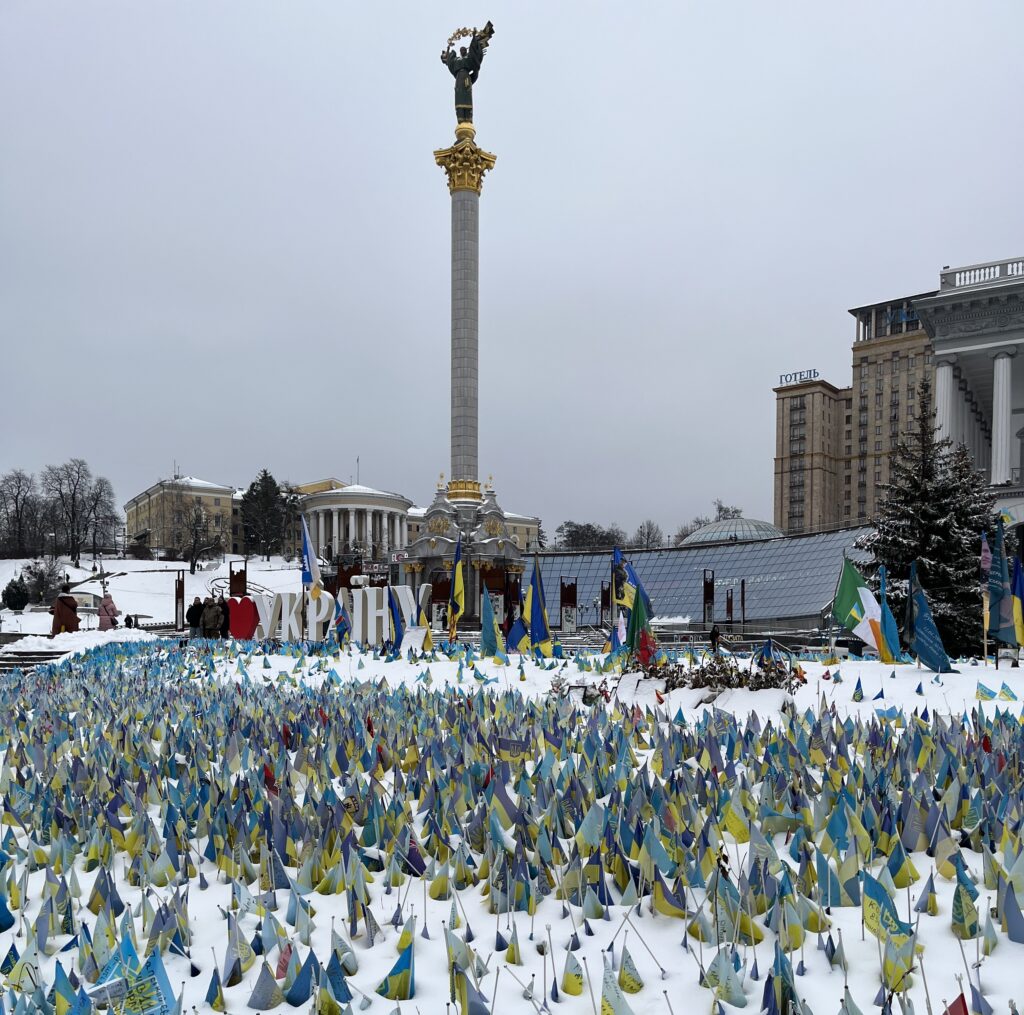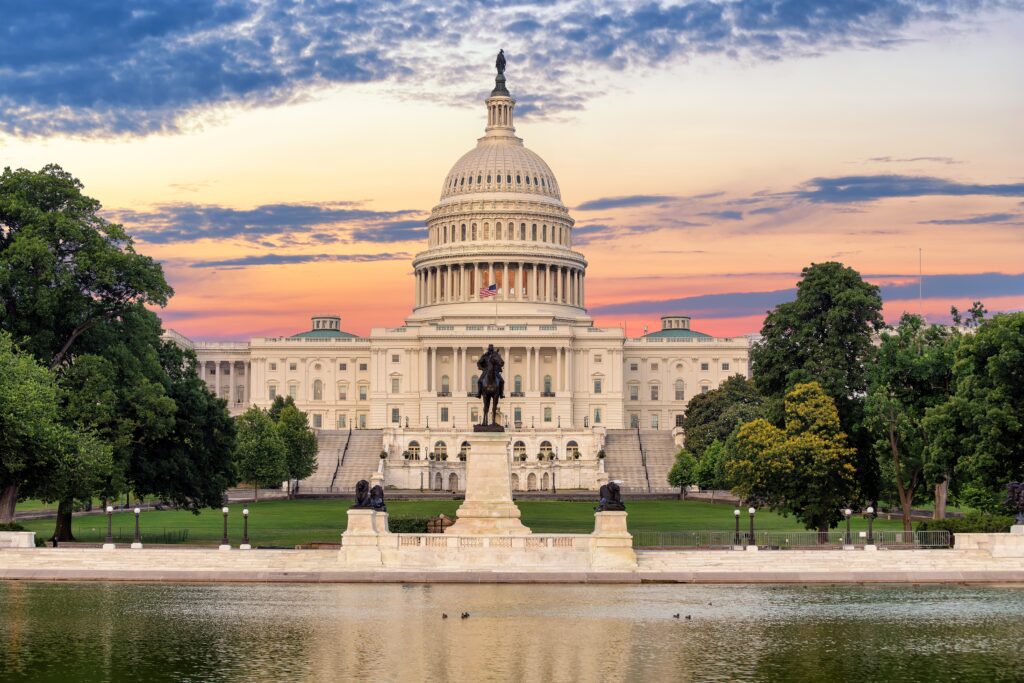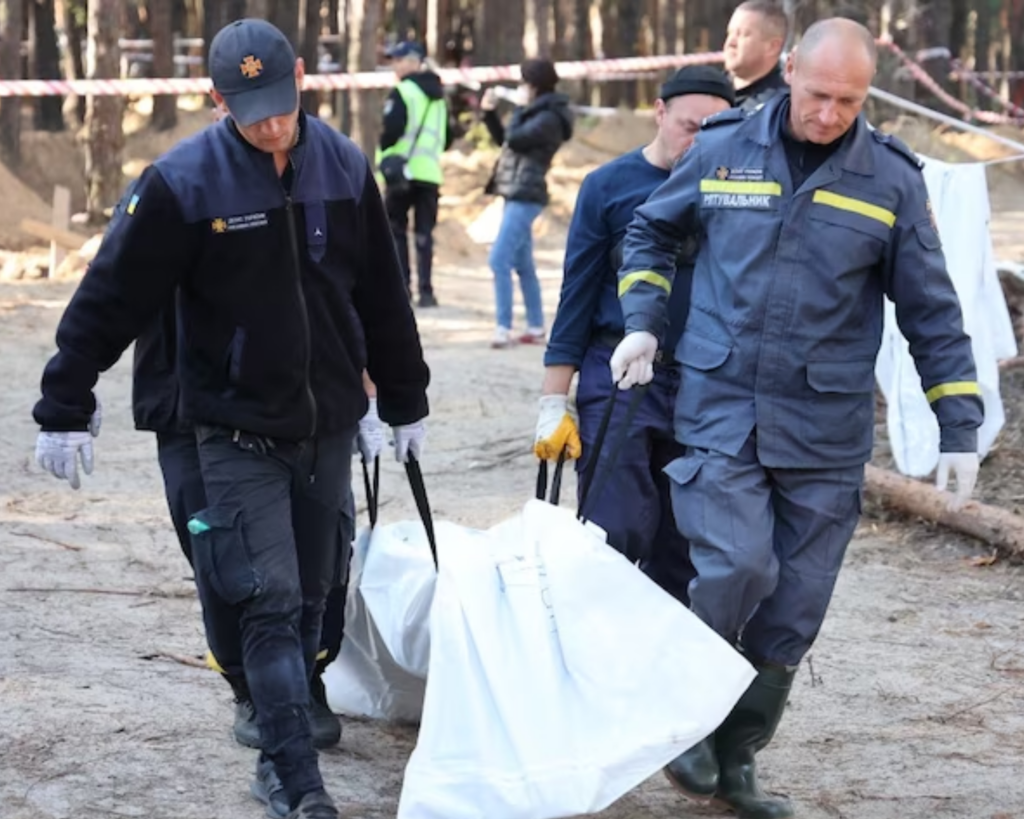Every day, diplomats from 193 countries gather under the blue-and-white flag of the United Nations, tasked with the seemingly impossible: finding common ground among nations divided by politics, culture and history. In these halls, they debate, they compromise — and more often than the cynics admit — they succeed in shaping agreements with global reach.
This delicate dance of diplomacy — knowing when to speak, how to persuade and when to let silence do the work — is no accident. It’s the product of careful preparation. And behind much of that preparation stands a little-known but essential UN body: the United Nations Institute for Training and Research, or UNITAR.
“UNITAR’s job is to oil the engine of multilateral diplomacy,” said Rabih El-Haddad, who leads UNITAR’s Division for Multilateral Diplomacy. “We support Member States in conducting effective international negotiations.”
“UNITAR’s job is to oil the engine of multilateral diplomacy. We support Member States in conducting effective international negotiations.”
Quiet Work with Global Consequences
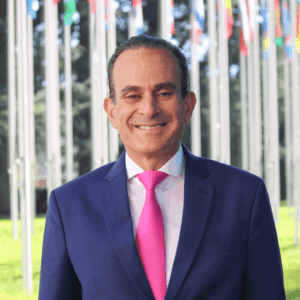
Founded in 1965 at the urging of the Economic and Social Council, UNITAR was created to help countries — particularly those newly independent or still developing — gain the skills needed to navigate the complex machinery of global diplomacy. Nearly six decades later, its mission feels as urgent and relevant as ever.
Each year, UNITAR trains more than half a million people on subjects ranging from disaster response and financial crime prevention to ethical governance and digital transformation. While much of its work takes place far from the spotlight, UNITAR’s impact is felt in some of the world’s most fragile places — and aligns closely with U.S. priorities, like curbing corruption that fuels instability and building resilience where conflict threatens to spill across borders.
Consider peacekeeping. The U.S. covers about a quarter of the UN’s peacekeeping budget but provides few troops. The effectiveness of peacekeepers from other nations is therefore vital. UNITAR provides the pre-deployment training to soldiers, police officers and civilians from more than 20 countries. In 2023 and 2024, it trained more than 7,800 peacekeepers — one in five of them women, advancing gender equality in line with America’s own military objectives.
The effectiveness of peacekeepers from other nations is vital for U.S. security. In 2023 and 2024, UNITAR trained more than 7,800 peacekeepers — one in five of them women.
Or corruption. In countries where corruption erodes stability, UNITAR works with legislators and civil servants to strengthen accountability and promote good governance. In 2023 alone, the agency trained over 240,000 people in a range of anti-corruption competencies.
Then there’s the training UNITAR provides beyond the usual diplomatic circles. Its entrepreneurship programs have reached thousands in places like Afghanistan, Iraq and South Sudan — with a particular focus on women and young people — providing skills that open the door to stable employment and income. “Where poverty thrives, extremism often follows,” El-Haddad explains.
Even traditional academia has become part of UNITAR’s equation, offering around 40 master’s programs in diplomacy, peace and security, including partnerships with several U.S. universities.
Diplomacy in the Digital Age
Diplomacy today also faces challenges unimaginable when UNITAR was founded — including a growing digital divide and artificial intelligence that threatens to leave many countries behind.
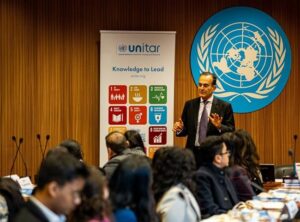 “Some diplomatic missions from least-developed countries can’t even afford official email accounts, yet they’re expected to track thousands of meetings a year across as many as 46 UN agencies — sometimes with a staff of two,” El-Haddad noted.
“Some diplomatic missions from least-developed countries can’t even afford official email accounts, yet they’re expected to track thousands of meetings a year across as many as 46 UN agencies — sometimes with a staff of two,” El-Haddad noted.
This gap threatens equal participation in global governance. “AI could help close this gap,” he added. “AI tools can summarize meetings, flag key developments, draft reports, even map connections to past resolutions. But many missions lack the training or mandate to use these tools.”
UNITAR is creating solutions. It runs masterclasses in AI policy and partners with tech companies like Microsoft to promote innovation. Its UN Satellite Centre (UNOSAT) provides geospatial data and analysis that have been used to map flood-affected areas in South Sudan, assess humanitarian access in Gaza and produce more than 1,000 mapping products in 62 nations.
A Model of Self-Reliance
UNITAR is unusual within the UN system for another reason: it pays for itself.
This global learning powerhouse operates on an annual budget smaller than that of many U.S. high schools — under $50 million — and receives no funding from the UN’s regular budget. Instead, it raises money through program fees, voluntary contributions and partnerships with governments, universities and the private sector.
“UNITAR is unique. We are 100% self-funded — a rarity in the UN system,” El-Haddad said. “When I took over leadership of the division 12 years ago, there were just three of us. Today, we’re 43, including nine full-time staff — a reflection of demand, but also of the urgency and relevance of our mission.”
“UNITAR is 100% self-funded — a rarity in the UN system — a reflection of demand, but also of the urgency and relevance of our mission.”
That fiscal discipline, along with its alignment with U.S. priorities, has kept Washington engaged.
“Global challenges can’t be solved unilaterally,” El-Haddad said. “The U.S. is powerful — it can act alone on many issues. But not pandemics. Not terrorism. These challenges will find you. Investing in diplomatic training is both smart and strategic.”
“Global challenges can’t be solved unilaterally. The U.S. is powerful — it can act alone on many issues. But not pandemics. Not terrorism. Investing in diplomatic training is both smart and strategic.”
UNITAR is, indeed, a smart and strategic investment. It trains the future peacekeepers we help fund, the diplomats we negotiate with and the leaders we depend on to govern well. That’s the kind of global partnership the U.S. should want more of: disciplined, effective and deeply aligned with American interests.
So next time you watch a high-stakes debate among diplomats in the UN Security Council, remember that they may have shared study notes in the world’s most consequential classroom: UNITAR.


